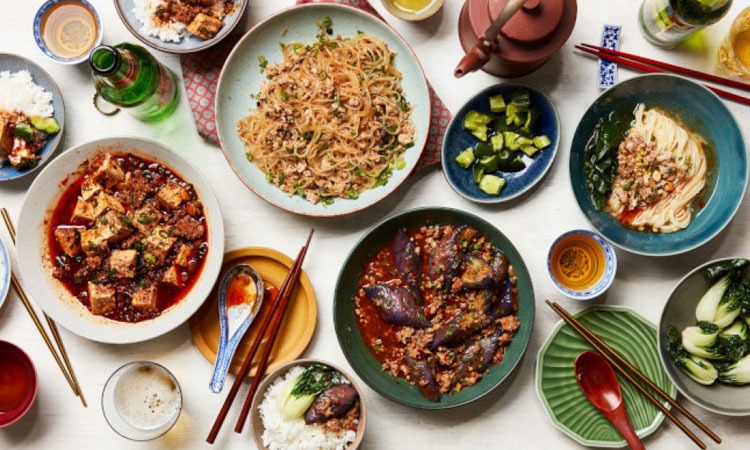Why do inhabitants of Dubai find Chinese food so appealing?
Why do inhabitants of Dubai find Chinese food so appealing?
Although Chinese food is well-known throughout the world, those who have only ever experienced it in restaurants overseas might be surprised by the range of ingredients. These days, you can find Korean spices and sauces in a lot of places, ranging from fancy restaurants to tiny cafes.
Manchurian chicken and veggies, which are always fried and served with garlic chilli sauce, are among the delicacies, other meals include sour noodles, spicy sauce, and the popular Japanese rice dish in Dubai. The term “cooking” is used more frequently. These are all incredibly uncommon. It has a Chinese food-like flavour.
Thus, even restaurants that serve food from Dubai usually have a Chinese section on their menu. Even with all of the traditional favourites like fried rice, sweet corn soup, and chilli chicken, most customers aren’t content to purchase one or two things.
How exactly did Dubai’s love of Chinese food come to be?
Like many incredible culinary stories worldwide, this one began with immigrants interacting with various cultures and has long been a part of Dubai cuisine. It created a unique fusion dish with a personality all its own. Compared to those from Western societies, Chinese people typically care less about their nutrition.
All Chinese restaurants in the country are now owned and run by Indians, and most of the chefs work there as well. Whether you’re searching for Korean spices or chopsticks suppliers in Dubai, sushi meal delivery is the best way to access reliable culinary services in the food industry.
The meal that epitomizes Chinese cooking
In a Chinese dinner, fruits, grains, vegetables, and meat are the four main food types. Chinese people are unable to ingest substantial amounts of dairy products due to lactose sensitivity. But Chinese folks replace them with soymilk and tofu, which are also incredibly high in calcium and protein. Fresh fruits, vegetables, and meats are typically consumed.
Salt- and dry-seared seafood, eggs, preserved foods like mustard greens and snow cabbage, and seafood in general are not forbidden. Snacks such as dried mango chunks, squid, and sirloin are also forbidden. Moreover forbidden are prunes with a sour and sweet flavour.
Are obesity and high cholesterol causing you concern?
In Dubai, sweets such as pies, biscuits, pastries, and Japanese ice cream are often reserved for special events like weddings and birthdays in the West. For dessert after dinner, families typically eat seasonal fruit. Chinese sweets are occasionally served as a special feast on steamy summer evenings. Among the dishes of this type are soups made with white lotus seeds, steamed papaya, and beans.
The cuisine of ethnic Chinese people is not too heavy on the deep-fried. To boost sales and appeal to Western palates, the majority of Japanese food delivery Dubai serve deep-fried dishes like almond-fried chicken and deep-fried shrimp. This explains why obesity and elevated cholesterol are considered more significant issues in Western society than in Chinese societies.




